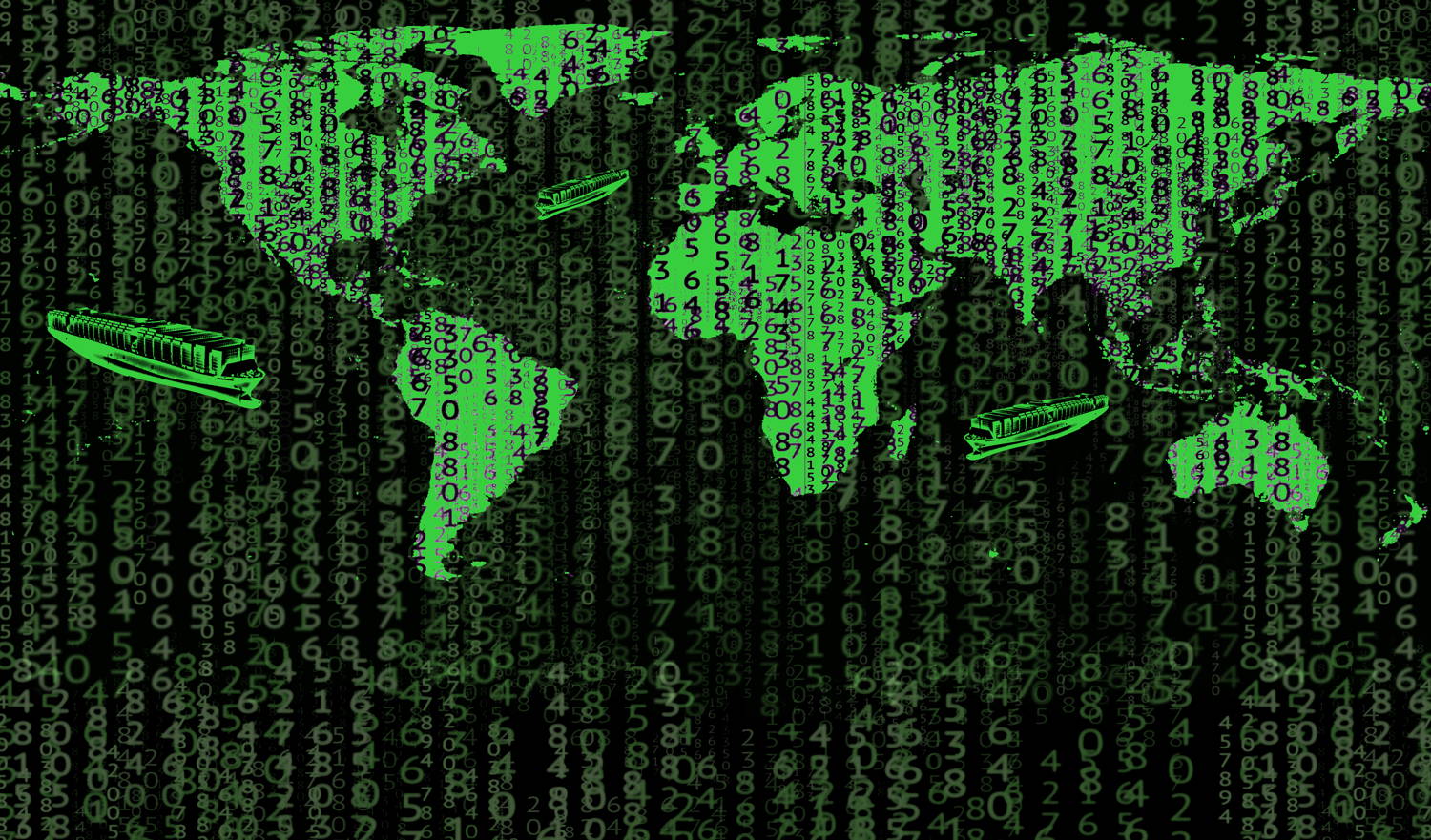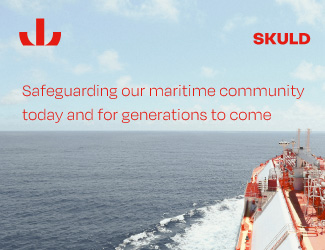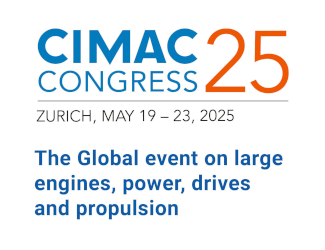The process of digitization has reached a »tipping point«, it has become a major issue for most companies in the shipping industry. With many diverse connections evolving, container booking platform Inttra places its network concept on the table. By Felix Selzer
The aim of many players in the container shipping industry who are working on digitalization solutions for their businesses is[ds_preview] an intelligent supply chain that »thinks« ahead, responds to unplanned events and learns continuously. Detailed information and insight into cargo movements on land and sea are the foundation for an optimized industry with better efficiency, less emissions, more reliable shipping plans. But to really benefit from that, collecting and sharing of information has to be optimized as well. Data from many different and diverse partners means a huge amount of complexity for instance for cargo booking systems of ocean carriers.
Booking platform provider Inttra, that is owned by shipping heavy weights Maersk, MSC, Hapag-Lloyd and CMA CGM together with financial investor ABS Capital Partners, has a vision to bring all business partners in the supply chain together and reduce the complexity of their interconnection.
Regarding its position in the market, a company like Inttra reflects what currently happens within the industry. With 43 mill. container movements processed via the platform in 2017, Inttra holds a share of 26% of the market of digitally processed container movements. The annual growth rate of roughly 13% is above market volume growth. 60 liner companies use the booking platform, representing 80% of global capacity.
But at the same time, 50% of all container shipments are still being processed manually – a huge waste of time and efficiency, thinks Inttra CEO John F. Fay. It will still take a couple of years until an intelligent supply chain may become reality »but now we tipped over,« Fay says, »we have reached a point where digitization is a necessity.« It is recognized in the industry, there are some trends around digitization that are emerging, Fay says, and within the next five years, each one of these will play a significant role in the industry. »The first trend is blockchain. This technology is an enabler, it can provide significant benefits in terms of processing and sharing of information. Artificial Intelligence is just increasing as we think about how to analyse data to be more efficient. And the last trend is Smart Containers and I believe that within five years all containers will be tagged«, says Fay. Up to now, the cost for tracking and monitoring devices is still too high for mass application, mostly used for refrigerated containers. But Fay thinks it is realistic to expect that the price for such technology will come down to one 1$ per device in the coming years. »It will revolutionize the information about where a box is and what’s in it.«
But what can be Inttra’s place and role in this picture? »Our goal is to remain the network, to collect all that information and redistribute it to customers and provide useful analytics around it,« explains Fay. The hardware and software can be left to the choice of customers as long as standards are being used to enable interoperability.
Inna Kuznetsova, President and COO of Inttra, explains: »We see the industry rapidly digitalizing and when you think about it from the standpoint of a single shipping line or freight forwarder, they each have multiple trading partners and need to digitalize multiple connections. Doing this one by one would be very expensive and this elevates the importance of networks.«
In the past, the industry created different systems for all kinds of operational aspects such as rates, invoicing, container booking, processing etc. »When you bring it all together it opens opportunities to optimize businesses from the financial standpoint. It also allows you to optimize your container movement across ocean and land,« says Kuznetsova. She wants to get this network concept from just the operational side of the business to cover the whole business altogether and lay the foundation for optimization.
CTO Peter Spellman describes the role of the network as that of a harmonizer, reducing complexity by aligning identification processes, software updates and data formats, taking care of security and API management (Application Programming Interfaces). »Connect to the network to manage your connections,« he says. Implemented in a cloud infrastructure, resources could be provided on demand allowing utility pricing – pay for what you use – freeing customers from capacity planning.
Felix Selzer
















